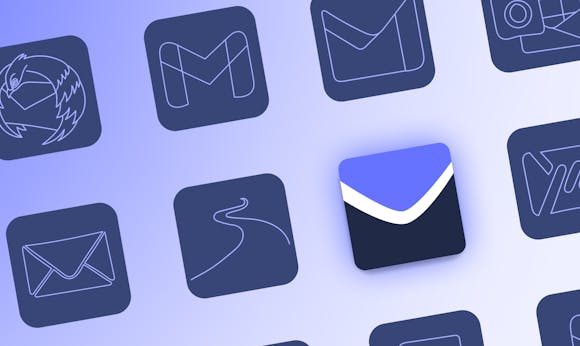
10 Ways Keeping Your Life Private Can Benefit You
10 Ways Keeping Your Life Private Can Benefit You
Privacy is an important aspect of life that many of us take for granted. It can provide us with a sense of security, control, and freedom, while also allowing us to explore our individuality without judgment or interference. Have you ever stopped to consider all the benefits of leading a more private life? In this blog post, we'll explore the power of privacy and delve into ten ways in which maintaining your privacy can lead to a happier and healthier life.
1. Increased Security
One of the biggest advantages of keeping your life private is the added security it provides. When you limit the information you share with others, you significantly reduce the risk of exposing yourself to physical and digital threats. For instance, if you refrain from sharing your vacation plans on social media, you're less likely to become a target of burglars who might be monitoring your online activity.
2. Avoiding Unwanted Attention
These days, social media has made it easy for anyone to share their personal life with the world. However, this level of exposure can sometimes attract unwanted attention. Privacy plays a crucial role in preserving personal safety by restricting the information accessible to potential stalkers or criminals. Sharing excessive details about daily routines, locations, or personal activities can put you at risk. By keeping your life private, you can avoid the risk of unwanted attention and its negative effects.
3. Maintaining Professional Image
In today's age of instant communication, it can be difficult to separate your personal life from your professional life. However, maintaining a certain level of privacy is vital for protecting your professional image. Oversharing personal information online can have long-term consequences on your reputation. By keeping your life – including your social media accounts – private, you minimize the potential negative impact on your personal and professional image.
4. Avoiding Targeted Advertising
Targeted advertising is everywhere. Companies collect your personal information from your online activity and use it to create customized ads. While it may seem convenient to some, targeted advertising can be very intrusive. Not only does it invade your privacy, but it also puts your personal information at risk of being stolen or misused. When you limit the amount of personal information you share online, you limit the amount of data that advertisers can collect about you. Using privacy-focused alternatives to Big Tech products and reducing your social media presence further decreases exposure to targeted ads. This not only protects your privacy but also gives you more control over the content you see online, allowing you to view meaningful information instead of irrelevant ads or remaining in a filter bubble.
5. Protection Against Identity Theft
Hackers and cybercriminals often target individuals who share excessive information online. By keeping personal information private, you reduce the risk of identity theft. Be cautious when providing personal information online, only share it with trusted sources, and avoid disclosing sensitive information like social security or ID numbers unless absolutely necessary. The less you share, the less likely your information will be misused.
6. Minimizing Stress
Constantly being bombarded with information can take a toll on mental health. Living under a constant spotlight, whether online or offline, can lead to increased stress and anxiety. Maintaining privacy can contribute to psychological well-being, allowing you to focus on your thoughts, emotions, and personal growth without constantly seeking validation or approval from others.
7. Safeguarding Your Sensitive Information
Every time you share personal information online, you risk the security of your sensitive data. Keeping your life private enables you to protect sensitive information such as financial details, medical records, or personal documents from falling into the wrong hands. Taking proactive steps like using strong passwords, enabling two-factor authentication, and avoiding public Wi-Fi networks when accessing sensitive information adds an extra layer of protection.
8. Maintaining Personal Boundaries
Privacy empowers you to establish and maintain healthy personal boundaries. It grants you the freedom to choose what aspects of your life you share with others and what you prefer to keep to yourself.
9. Avoiding Phishing Scams
Another benefit of keeping your life private is the ability to avoid phishing scams and protect yourself against social engineering. Phishing scams involve attempts to steal personal information through deceptive emails, social media, or other platforms. Using disposable email aliases instead of your real email address keeps your primary address safe, making it harder for phishers to target you and craft convincing messages that lure you into their traps.
10. Keeping Control Over Your Life
One of the greatest benefits of keeping your life private is the sense of control it gives you over your own life. By limiting the amount of personal information you share with the world, you are essentially putting yourself in the driver's seat. You decide what information to share and what to keep to yourself, which can give you a sense of empowerment and control that is hard to come by in today's hyper-connected world.
Remember, privacy is a fundamental human right. By keeping your life private, you are able to create a space where you can be yourself, free from the expectations and judgments of others. This can be incredibly liberating, and it can help you lead a more fulfilling and satisfying life.
More from the blog


Don’t Get Tracked Online: How to Use Email Aliases to Protect Your Privacy
Continue reading
What Makes StartMail Different From Other Privacy Email Providers?
Continue reading
6 Common Types of Email Scams to Watch For
Continue reading